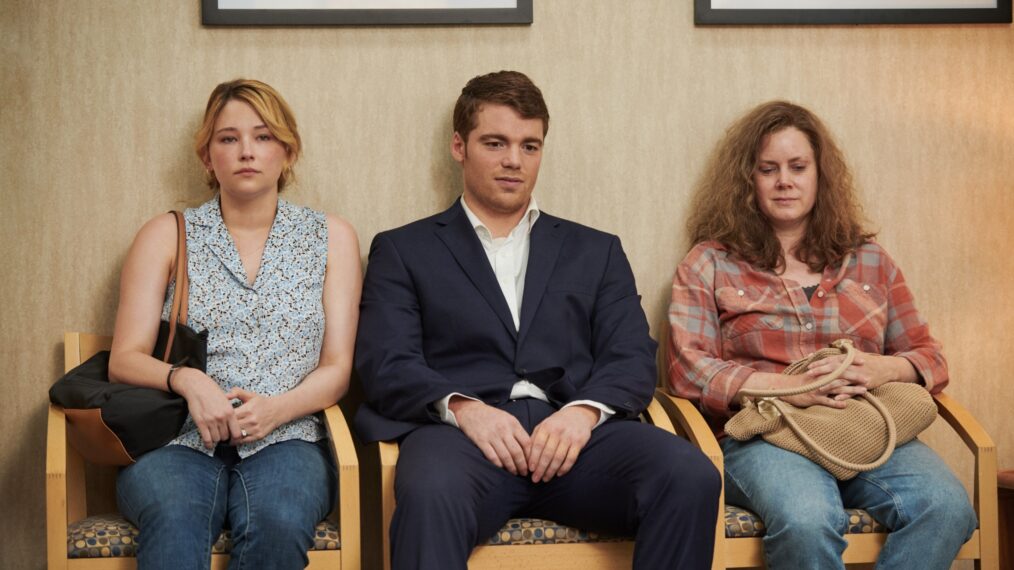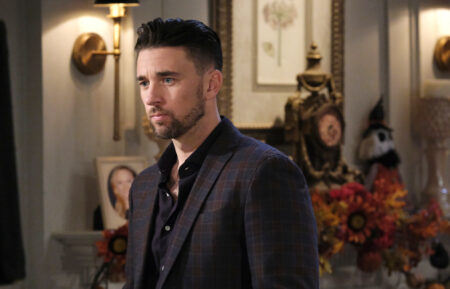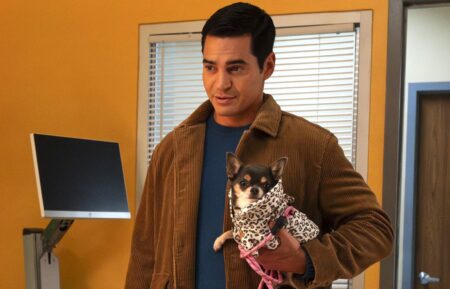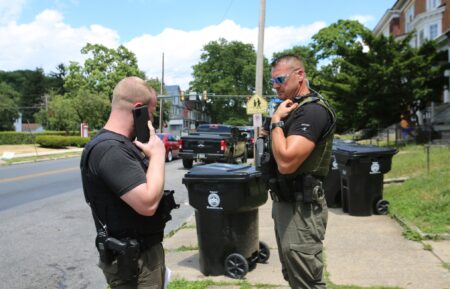‘Hillbilly Elegy,’ a Controversial Adaptation of J.D. Vance’s Biography, Soars on Streaming After VP Pick

Long before he’d become the vice presidential nominee on Donald Trump’s 2024 ticket, J.D. Vance was known for his bestselling 2016 memoir Hillbilly Elegy: A Memoir of a Family and Culture in Crisis. The book was written by Vance and centered on his troubled upbringing in rural Kentucky and was later the subject of a star-studded, albeit controversial, adaptation in 2020.
Here’s what to remember about Hillbilly Elegy.
It soared to the top of streaming charts after the VP announcement.
In the hours after Vance became part of Trump’s ticket, the film jumped to number one on Amazon Prime Video and into Netflix’s Top 10 list.
Before he was the Night Agent, Gabriel Basso starred as J.D. Vance.
Basso starred as the eventual senator in the adaptation of Hillbilly Elegy. He portrayed the college-aged version of the character, who had ambitions to go to Yale Law School but found his life constantly derailed by his drug-addled mother.
Basso would go on to become the star of Netflix’s hit action-thriller series The Night Agent, and he shared the screen with some big names for the film: Amy Adams played his mother Bev; Glenn Close played his grandmother and oft-primary caretaker Mamaw; and Freida Pinto played his girlfriend Usha.
Is it a true story?
Yes. Vance based the story of Hillbilly Elegy upon his own upbringing in Middletown, Ohio, where he was raised from a young age after being born in Breathitt County, Kentucky. He wrote of his experience growing up amid abuse, alcoholism, and addiction in his family and how he managed to leave the situation to attend college at Ohio State University and, later, Yale Law.
The film was met with controversy right from the start.
Though Hillbilly Elegy would earn praise for the strong performances of its cast, particularly Adams and Close, it was also a major point of controversy.
Critics blasted Ron Howard’s adaptation of the film for several reasons, including elevating the material itself, which laments a “culture in crisis—that of white working-class Americans” and argues there’s a “disintegration of this group.” Others critiqued that the film does little to examine the economic reasons for systemic poverty and instead “confirm[ed] a belief that those stuck within the cycle of generational poverty were stuck due to character flaws.” As one vocal critic said, “It’s a dangerous book because it’s a treatise in disguise.”
Reviews of the film were similarly scathing, with the pic earning just 25% critics score on Rotten Tomatoes.
Howard responded to the backlash by telling EW, “I do feel like they’re looking at political thematics that they may or may not agree with, that honestly aren’t really reflected or aren’t front-and-center in this story. What I saw was a family drama that could be very relatable. Yes, culturally specific, and if you’re fascinated by that, I hope you find it interesting. If you’re from the region, I hope you find it authentic, because that was our aim and effort. But I felt it was a bridge to understanding that we’re more alike than we are different.”
Hillbilly Elegy, streaming, Netflix
From TV Guide Magazine
Crime, Comedy & Convenience Stores: Unwrapping Hulu's 'Deli Boys' With the Cast
Cupcakes, corndogs…and cocaine?! Two brothers find themselves in a hilarious pickle when they inherit an unseemly bodega biz in Hulu’s new comedy Deli Boys. Find out how The Sopranos and Real Housewives of Orange County influenced the cast. Read the story now on TV Insider.









